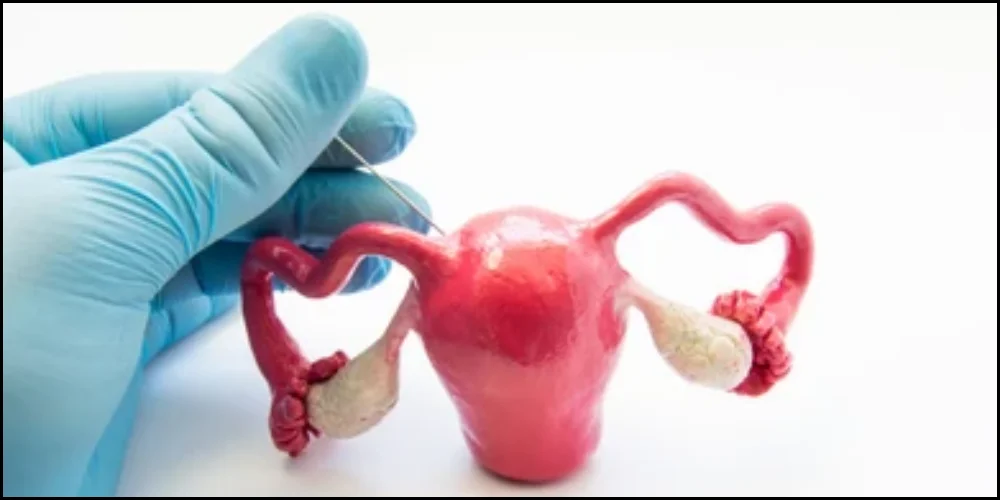Cystectomy Surgery
Advanced Surgical Solutions for Optimal Bladder Health
Cystectomy surgery is an essential procedure to treat severe bladder disorders, such as bladder cancer, as well as other complicated diseases. This procedure requires the complete or partial removal of the bladder dependent on the severity of the problem. In Chirayu Super Speciality Hospital, our expert doctors and surgical team offer modern cystectomy treatments that concentration on precision, attention to detail and improving the outcomes of patients. We’re dedicated to providing specific treatment plans tailored to meet your individual needs and guarantee you the best outcomes.

What is Cystectomy Surgery?
Cystectomy surgery consists of the removal of the entire or a portion or all of the bladder. The procedure is typically used for bladder cancer and severe bladder dysfunction or any other serious bladder issues. The kind of cystectomy that is performed is determined by the severity and the site of condition. The surgery is classified into two types: partial cystectomy, in which only a small portion of bladder tissue is eliminated or radical cystectomy, which requires the removal of the entire bladder and the surrounding organs and tissues including the prostate and the uterus.
Who Performs Your Surgery?
The cystectomy procedure is carried out by a team of experienced surgeons and urologists who are specialists on bladder surgeries. Our specialists employ the most recent procedures and techniques to ensure precision and reduce complications. They collaborate with a multidisciplinary group, including pathologists, radiologists and nurses to offer comprehensive and coordinated medical care throughout the course of your treatment.
Types of Cystectomy Surgery
- Partial Cystectomy :- Removal of a part within the bladder, which is containing the affected tissue or tumor. This method aims at preserving the bladder’s function to the maximum extent feasible while treating the condition.
- Radical Cystectomy :- This involves the complete removal of the bladder together with the surrounding tissues, and possibly affected organs like the prostate in males or the uterus for women. This procedure is generally recommended for those with more advanced or aggressive bladder cancer.
- Robotic-Assisted Cystectomy :- A minimally-invasive procedure that uses robotic technology to increase precision and control during procedure. This method often results in shorter recovery times as well as less post-operative pain.
Indications for Cystectomy Surgery
- Bladder Cancer :- To remove cancerous tumors and prevent further spread.
- Severe Bladder Dysfunction :- To address non-functional or severely damaged bladders.
- Severe Bladder Dysfunction :- To address non-functional or severely damaged bladders.
- Other Complex Bladder Conditions :- To manage conditions that do not respond to other treatments.
Diagnosis Leading to Cystectomy
Diagnosis usually involves an amalgamation of imaging tests (e.g., CT scan, MRI), cystoscopy and a biopsies to assess the severity and the nature of the bladder problem. This complete diagnostic process aids in choosing the most suitable surgical approach.
Treatment Process
Cystectomy surgery can be performed with general anesthesia. The duration and extent of the procedure will depend on the type of cystectomy, as well as the individual circumstances. After surgery, patients are monitored closely to ensure their recovery. treatment for pain is offered. The length of stay in hospital is usually just a few days up to a week, and includes extra follow-up care to ensure that healing is complete.
Care and Recovery After Surgery
Post-cystectomy recovery requires controlling pain, monitoring for any potential complications, and adherence to an established care plan. Patients might need to adapt the urinary system to change, and undergo rehabilitation if needed. Regular follow-up visits are essential for assessing recovery and addressing any issues that occur.
Advantages of Choosing Our Surgery Services
Advanced Surgical Techniques
We use the latest technologies and minimally invasive methods to enhance precision and improve recovery times.
Expert Surgical Team
Our team of specialized urologists and oncologists provides expert care and personalized treatment plans for optimal outcomes.
Comprehensive Support
From diagnosis through recovery, we offer comprehensive support and follow-up care to ensure your well-being and long-term health.
What Our Patients Say
Read about our patients positive experiences and how Chirayu Super Speciality Hospital has positively impacted their health and well-being.


The skilled surgeons at Chirayu provided outstanding results with my cystectomy. I’m very satisfied with the care I received.


The procedure went smoothly, and the outcomes were excellent. The Chirayu team provided outstanding care throughout.


My cystectomy surgery was highly effective, and the recovery process was smooth. I’m grateful for the excellent care I received.


The expertise and care provided during my cystectomy were exceptional. The Chirayu team made a challenging experience manageable.
Meet Our Medical Specialists
"Our expert team specializes in cystectomy surgery, offering advanced care and personalized treatment plans to ensure optimal bladder health. "
Frequently Asked Questions
Here, we provide answers to some of the most commonly asked questions to help you better understand about our surgery services. If you have any additional questions, please do not hesitate to contact us.
Candidates include individuals with bladder cancer, severe bladder damage, or other complex bladder conditions that require surgical intervention.
Types include partial cystectomy, radical cystectomy, and robotic-assisted cystectomy, depending on the condition’s extent and severity.
Benefits include effective treatment of bladder cancer, relief from severe bladder dysfunction, and potential improvement in quality of life.
Cystectomy surgery involves the removal of all or part of the bladder to treat conditions such as bladder cancer or severe bladder dysfunction.
Risks include infection, bleeding, changes in urinary function, and potential need for additional treatments or adjustments.



